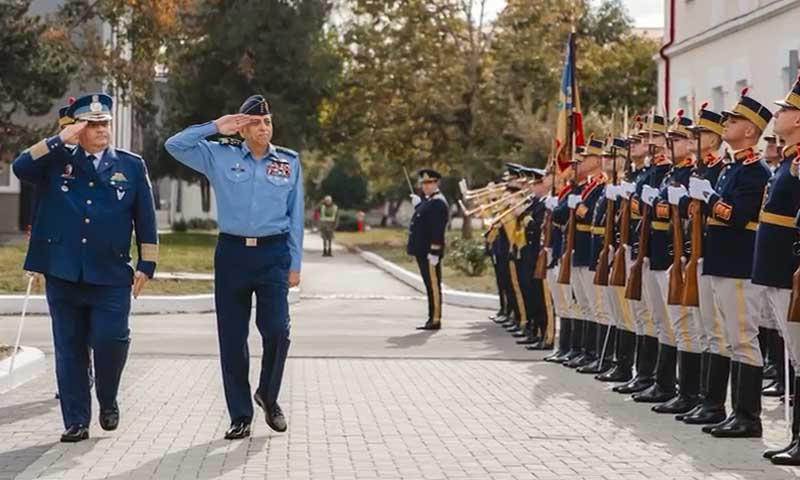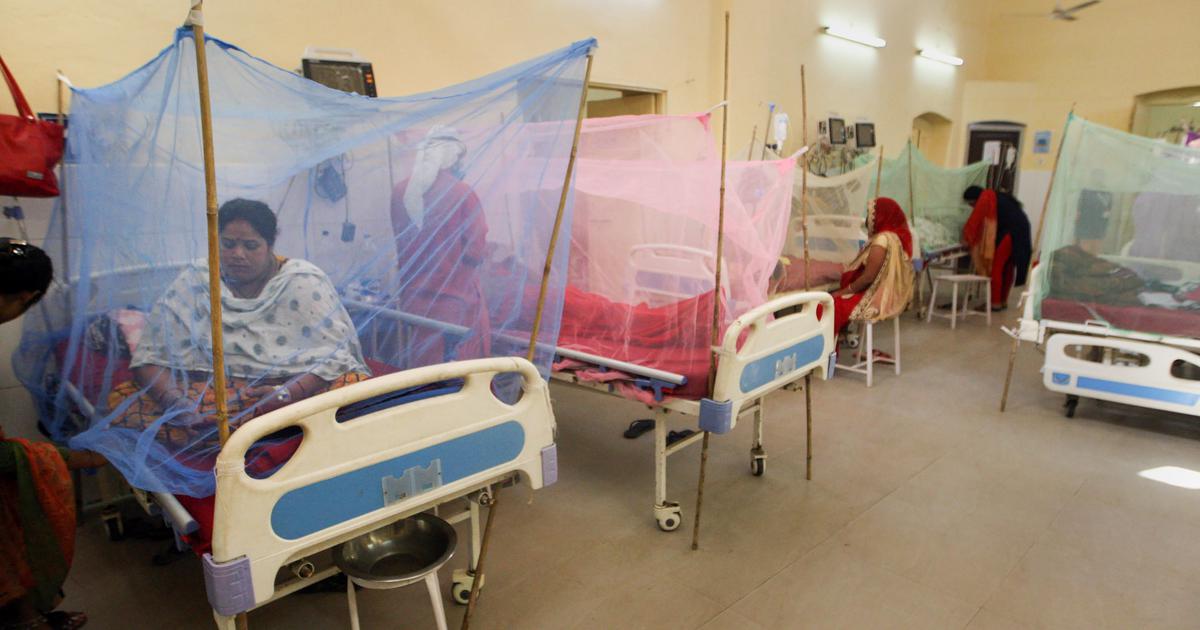Supreme Court hears intra-court appeals on civilians’ trials in military courts

In a significant hearing on Monday, the Supreme Court of Pakistan addressed the issue of civilians being tried in military courts, with Justice Jamal Khan Mandokhel commenting that crimes under the Army Act apply exclusively to military personnel.
The remarks were made during the ongoing intra-court appeal against the trial of civilians in military courts, with a seven-member constitutional bench led by Justice Aminuddin Khan hearing the case. The appeal challenges the legality of civilian trials under military jurisdiction.
Justice Aminuddin Khan instructed the counsel for the Ministry of Defence, Khawaja Haris, to wrap up his arguments by Tuesday, emphasising the need for clarity on which cases were referred to military courts and the reasons behind the decision.
Khawaja Haris argued that the Supreme Court had previously declared Section 59 of the Army Act (4) unconstitutional. However, Justice Mandokhel responded by highlighting that many offences listed in the Army Act specifically apply to military personnel, emphasising the scope of military jurisdiction.
Further, Haris referenced the Army Act in conjunction with the Official Secrets Act, particularly provisions 2D(1) and 2D(2), to justify civilian trials under Section 31D of the Army Act. Justice Mandokhel pointed out that Section 31D primarily addresses offences related to inciting military personnel to neglect their duties.
In his remarks, Justice Mandokhel questioned whether the trial of civilians in military courts would be considered a court martial. Haris confirmed that such trials would fall under the category of a court martial.
Justice Hilali, participating in the hearing, raised concerns about whether the Constitution allows army officers to suspend it and whether such actions are punishable under the Army Act. Khawaja Haris responded by invoking Article 6 of the Constitution, which deals with treason and upholds the supremacy of constitutional law.
Justice Mandokhel further remarked that the judiciary had validated martial law in the past, raising the question of whether Article 6 applies to judges who endorsed such actions.
Justice Mazhar noted that in the case of former President Pervez Musharraf, the names of judges initially included in the treason trial were later excluded.

Federal Cabinet Approves Ban on TLP Group
3 hours ago

United States Imposed New Sanctions on Russia, Says Trump
The United States has imposed new sanctions on Russia to pressure President Vladimir Putin to end the war in Ukraine.…
Israel Passes Bill to Annex Occupied West Bank Territory
The Israeli parliament has given initial approval to a controversial and illegal bill to annex the occupied West Bank. This…
PAF Chief Visits Romania to Boost Defence Ties
Rawalpindi: During an official visit to Romania, Air Chief Marshal Zaheer Ahmed Baber Sidhu, Chief of the Air Staff of…
“Iran Is the True Face of Terrorism, But the Door to Friendship Remains Open”
Washington — The White House has strongly reacted to remarks made by Iran’s Supreme Leader Ayatollah Ali Khamenei, who recently…

Rapid increase in HIV cases among children in Nawabshah
A serious health concern has come to light in Sindh, as officials have reported a rapid increase in HIV cases…
Dengue and Malaria Cases Continue to Rise in Interior Sindh
Dengue and malaria continue to spread rapidly across Hyderabad and several districts of interior Sindh, as hospitals remain flooded with…
An incident of violence against polio workers in Karachi
An incident of violence against polio workers in Karachi took place in FB Area Block 14, Goharabad. A team giving…
258 Prisoners in Balochistan Jails Suffer from TB, AIDS, and Hepatitis
A recent health report has revealed that 258 prisoners in Balochistan jails are suffering from TB, AIDS, and Hepatitis. These…

Gold Prices Drop in Pakistan Following Global Trends
KARACHI: Gold prices in Pakistan saw a decline on Thursday,…3 hours ago
Federal Cabinet Approves Ban on TLP Group
ISLAMABAD: The federal cabinet, under the leadership of Prime Minister…3 hours ago
CTD Arrests Two Suspected Killers Linked to Terror
Karachi: The Sindh Counter-Terrorism Department (CTD) on Thursday announced the…3 hours ago
Rawalpindi Police Refuse to Arrest Aleema Khan Despite Warrant
Islamabad: Rawalpindi police on Thursday did not arrest Aleema Khan,…3 hours ago



















